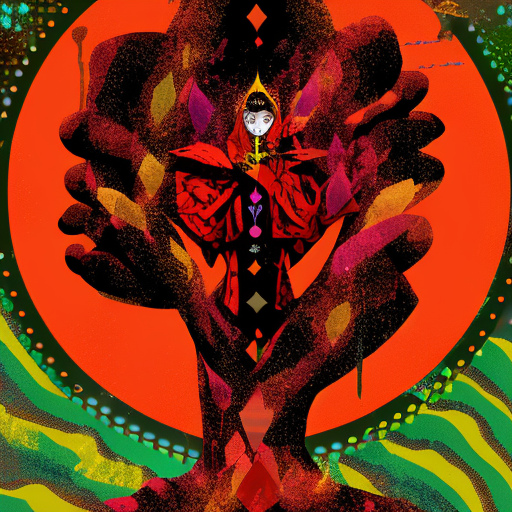One-line summary:
“The First Bad Man” is a darkly comedic novel that explores themes of love, identity, and personal growth through the eccentric life of its protagonist, Cheryl Glickman.
Cheryl Glickman: A Quirky Protagonist
Cheryl Glickman is a middle-aged woman with a peculiar personality and a vivid imagination. She works for a self-defense company and is obsessed with cleanliness and order. Cheryl’s life takes an unexpected turn when her boss’s daughter, Clee, moves in with her. Clee is a troubled young woman who disrupts Cheryl’s carefully structured world. As their lives intertwine, Cheryl’s journey of self-discovery begins.
An Unconventional Love Story
“The First Bad Man” delves into the complexities of love and relationships. Cheryl harbors a secret crush on her older colleague, Phillip, who barely acknowledges her existence. However, her infatuation takes a surprising turn when she becomes infatuated with Clee. Their relationship evolves from hostility to a strange, unconventional love affair. Through this unexpected connection, Cheryl learns to confront her desires, challenge societal norms, and embrace her own sexuality.
A Journey of Personal Growth
As Cheryl navigates her relationships with Clee and Phillip, she embarks on a journey of personal growth. She confronts her past traumas and insecurities, ultimately finding the strength to confront her own fears and embrace her true self. Through therapy sessions with a New Age therapist named Dr. Mundt, Cheryl begins to unravel the layers of her complex psyche. Her transformation is marked by a newfound sense of self-acceptance and empowerment.
Cheryl’s journey is filled with bizarre and humorous encounters, including her obsession with a baby she believes is the reincarnation of her lover from a past life. The novel explores themes of identity, motherhood, and the blurred boundaries between fantasy and reality.
Key Takeaways:
- Love and relationships can be messy, unpredictable, and defy societal expectations.
- Personal growth often requires confronting past traumas and embracing one’s true self.
- Self-acceptance and empowerment can come from embracing one’s desires and challenging societal norms.
“I had to learn to be okay with not being okay, because I couldn’t control everything. But I could control how I reacted to it.”
In “The First Bad Man,” Miranda July delivers a thought-provoking and unconventional story that challenges conventional notions of love, identity, and personal growth. Through Cheryl’s quirky journey, readers are reminded of the importance of embracing one’s desires, confronting past traumas, and finding empowerment in unexpected places.












